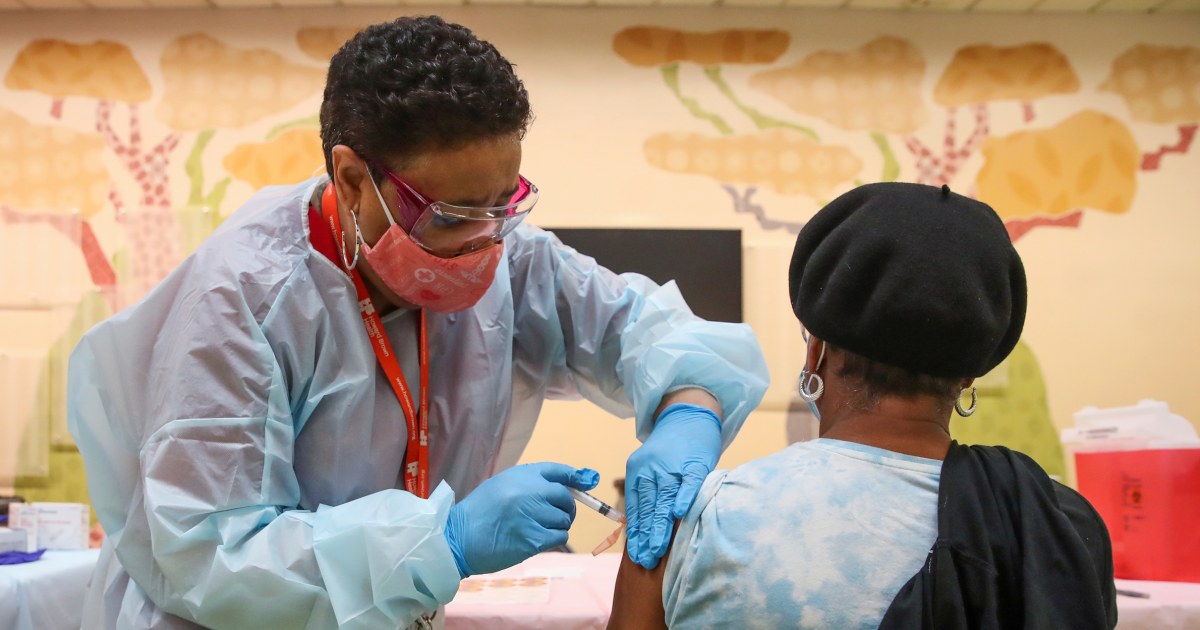You are here
Vaccine requirements are being lifted across America but some health experts say the countryis not in safe territory
Primary tabs
 Vaccine requirements are being lifted across America as Covid cases wane But a public health expert says it is a "move to promote normalcy without there really being normalcy." NBC News
Vaccine requirements are being lifted across America as Covid cases wane But a public health expert says it is a "move to promote normalcy without there really being normalcy." NBC News Seattle, the biggest city in the state where the first U.S. case of Covid-19 was confirmed more than two years ago, will lift its proof-of-vaccination requirement for restaurants, theaters and gyms starting March 1.
And city and county employees who have been working from home for two long years will soon start getting called back into the office.
From coast to coast, other major cities, including Philadelphia, the Twin Cities and the nation’s capital, Washington, D.C., are doing the same as the rate of Covid-19 infections plummets. Nationally, the average number of new daily cases has dropped by 67 percent in the last two weeks, according to NBC News' tally.
"Numbers are coming down, and it is time to adapt," New York Gov. Kathy Hochul said after the state’s stringent mandate, which required businesses to demand proof of full vaccination or mask-wearing at all indoor venues, expired this month.
On Thursday, Mayor Ras Baraka of Newark, New Jersey, became the latest big-city mayor to lift the requirement to show proof of vaccination at restaurants and other public venues. ...
But public health experts are watching the trend with wary eyes. They note that more than 103,000 people in the U.S. have died of Covid so far in 2022 alone and that while 76 percent of the population has gotten at least one shot, millions of people still haven’t.
"I wish the pandemic were over and it was safe to lift vaccine mandates, particularly in spaces where masks will be off for eating and drinking. This seems like a move to promote normalcy without there really being normalcy," said Dr. Sadiya Khan, an epidemiologist at Northwestern University Feinberg School of Medicine. "Vaccine mandates are safe and effective public health strategies, and backing down on this is likely to worsen spread."
Khan said she is sympathetic to "the business perspective to remove vaccine mandates and to encourage more patrons and guests."
However, she added, "this especially puts in danger those who are immunocompromised or can’t yet get vaccinated."
Anthony Santella, who runs the Department of Health Administration and Policy at the University of New Haven in Connecticut, agreed.
"It's too soon," Santella said. "We went through this in the summer, when many people thought things were getting back to normal and rolled back the mitigation policies designed to stop the spread." ...



Recent Comments